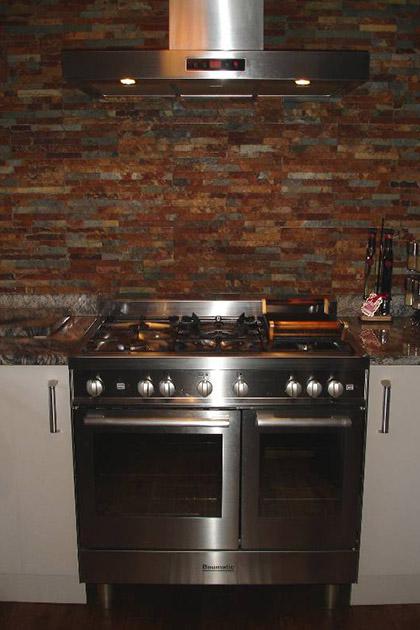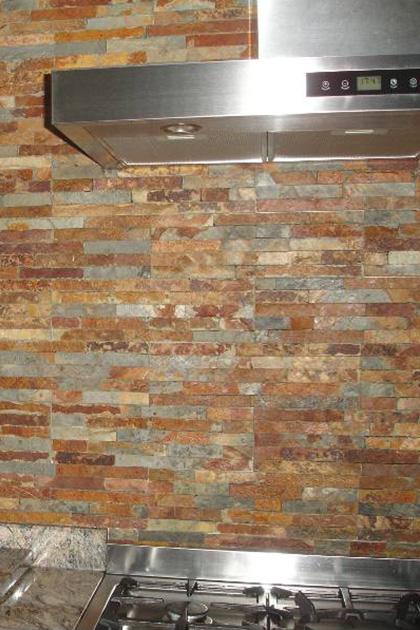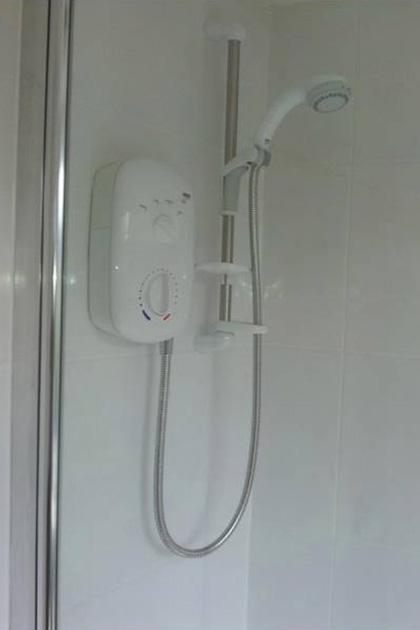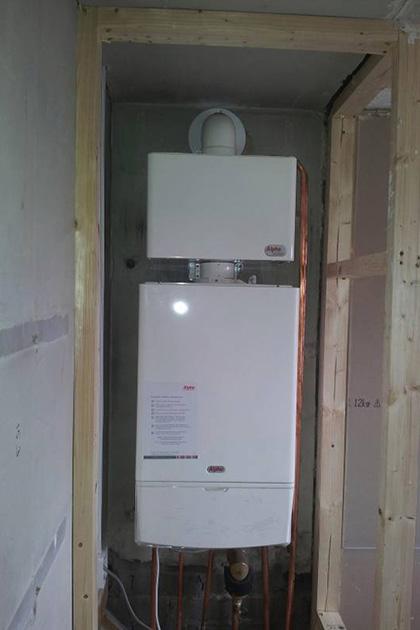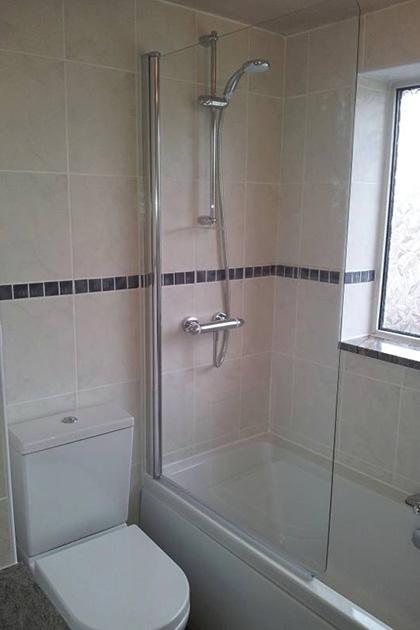From unexpected breakdowns during freezing winter nights to inefficient heating that drives up energy bills, boiler issues can quickly become a homeowner's worst nightmare.
Each year, thousands of UK households encounter common boiler problems that could have been prevented with basic knowledge and proactive maintenance. Whether you're dealing with persistent leaks, fluctuating water pressure, or mysterious system noises, this comprehensive guide will equip you with the expertise to diagnose, understand, and often resolve the most frequent boiler challenges.
Understanding your boiler isn't just about avoiding inconvenience—it's about ensuring safety, maintaining system efficiency, and potentially saving hundreds of pounds in unnecessary repair costs.

Top 10 Common Boiler Problems
- Boiler Leaking
Boiler leaks often stem from corrosion or failed joints and seals. You'll notice water dripping from the boiler, which can lead to significant damage if left unchecked. For minor leaks, tightening connections might suffice. However, if you spot extensive corrosion or can't identify the source, it's crucial to consult a Gas Safe Engineer promptly.
- Low Boiler Pressure
Low pressure typically results from leaks in the system or corrosion in major components. Check your pressure gauge; if it's below the normal range (usually 1-1.5 bar), you've got a problem. First, inspect for visible leaks. If none are found, you can top up the pressure using the fill valve. However, if pressure drops frequently, seek professional help to address underlying issues.
- Boiler Kettling/Noisy Boiler
Kettling, characterised by whistling or banging noises, is often caused by limescale build-up on the heat exchanger. This build-up restricts water flow, causing overheating and the telltale sounds. Regular maintenance is key to preventing kettling. For existing issues, a chemical cleanse of the system can often resolve the problem.
- No Heating or Hot Water
A complete system lockout can result from various issues: low boiler pressure, faulty pilot light, frozen pipes, or thermostat problems. Start by checking the pressure gauge and pilot light. Ensure your thermostat is set correctly and functioning. If these basic checks don't resolve the issue, internal component failures may be to blame, necessitating professional intervention.
- Radiator Faults
Cold patches on radiators often indicate air in the system or sludge build-up. Bleeding radiators can resolve air-related issues. For sludge, a chemical or power flush is necessary to remove the build-up and restore efficient heating.
- Frozen Condensate Pipe
In extremely cold weather, an insufficiently insulated condensate pipe can freeze, preventing the boiler from functioning. Proper insulation is crucial for prevention. If freezing occurs, carefully thaw the pipe using warm (not boiling) water or hot water bottles.
- Boiler Not Responding To Thermostat
When your boiler fails to respond to thermostat settings, check for thermostat issues or electrical problems. Ensure the thermostat is set correctly and has power. Verify the electrical connection between the thermostat and boiler. If problems persist, professional diagnosis may be necessary.
- Hot Water But No Heating
This issue often points to problems with the diverter valve or thermostat. The diverter valve directs hot water to taps or radiators as needed. If faulty, it may prioritise hot water over heating. Thermostat issues can also cause this problem. Check thermostat settings and consider recalibration or replacement if necessary.
- Pilot Light Keeps Turning Off
A pilot light that won't stay lit can be caused by a faulty thermocouple, draughts, or carbon deposits. Clean or replace the thermocouple if necessary. Ensure the boiler area is draught-free. Remove any carbon deposits that may be interfering with proper operation.
- No Power to Boiler
When your boiler won't turn on, check for electrical issues. Verify that the circuit breaker hasn't tripped and that all connections are secure. If these checks reveal no problems, a faulty PCB (Printed Circuit Board) might be the culprit, requiring professional replacement.
Maintenance Tips to Prevent Common Boiler Problems
Regular maintenance is crucial for preventing many common boiler issues. Here are key steps to keep your boiler in top condition:
- Check for leaks regularly, inspecting pipes, valves, and connections.
- Bleed radiators annually to remove air and ensure efficient heating.
- Clear flue vent openings to prevent dangerous carbon monoxide buildup.
- Maintain clear space around your boiler for proper airflow and ventilation.
- Inspect your boiler's flame colour; it should be a clean blue, indicating proper combustion.
- Monitor and maintain the correct water level in your boiler to prevent damage.
- Schedule professional flushing or descaling to remove scale buildup and maintain efficiency.
By following these maintenance tips and addressing issues promptly, you can significantly extend your boiler's lifespan and ensure efficient, reliable operation.
FAQs
Contact Us
When in doubt, always consult a Gas Safe registered engineer for professional advice and service. You can reach our team at 01204 888255.

